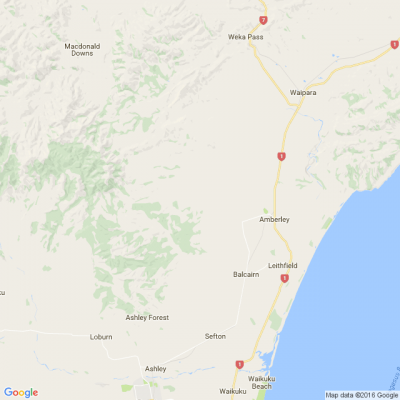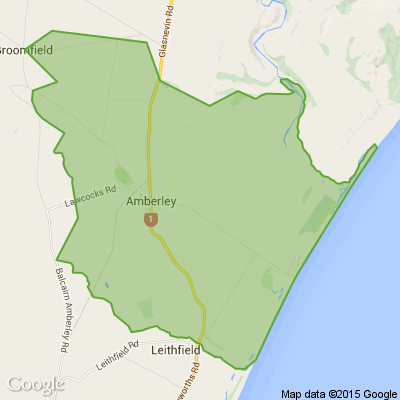Calls to fund youth employment programme
By David Hill, Local Democracy Reporter
North Canterbury’s mayors are calling for funding certainty for a youth jobs programme as unemployment continues to rise.
Kaikōura mayor Craig Mackle and Hurunui mayor Marie Black are asking the Government for a long-term funding commitment for the Mayors’ Taskforce for Jobs programme.
The national unemployment rate continues to climb, reaching 4.6% in the June quarter, with young people aged 16 to 24-years the hardest hit.
The Mayors’ Taskforce for Jobs programme is funded by the Ministry of Social Development, with the Government providing $18 million from 2023 to 2025.
‘‘We have funding secured until June 30 next year, but not beyond that,’’ Mackle said.
‘‘I know it is hard times for the Government, but those questions need to be answered now or we risk losing our co-ordinators.’’
His message to the Government is simple - ‘‘don’t leave people hanging’’.
The Kaikōura Mayors’ Taskforce for Jobs programme has placed 48 people in sustainable employment in the year to June 30, including 44 young people.
This included 16 young people being placed in apprenticeships.
‘‘We have shown that this works well. I can’t think of anything that gives you a bigger bang for your buck,’’ Mackle said.
Black said the progamme played a valuable role in giving young people ‘‘hope and purpose’’.
‘‘We are in difficult times and it is challenging for employers, but we are fortunate to have some brave employers who are willing to give young people a go.
‘‘So any financial support we can get to keep this programme strong and robust is vital.’’
Kaikōura Mayors’ Taskforce for Jobs programme co-ordinator Aysia McMillan said the programme was funded over the last 12 months for a target of placing 38 youth (16 to 24-year-olds) in employment for at least 91 days.
‘‘We keep checking in with our youth after the 91 days, but the requirement is to support them through the first 91 days.
The programme is now into its fourth year in Kaikōura and over that time 297 job seekers and 87 employers have been registered with the scheme.
Local Government New Zealand vice-president Campbell Barry said the programme demonstrated ‘‘the power of localism’’.
Nationally 6400 young people have been placed in employment across 33 different communities.
‘‘Despite worsening employment conditions, the locally delivered programmes have beaten targets to get more young people into employment,” Mayors’ Taskforce for Jobs chairperson Max Baxter said.
‘‘There is a real opportunity for this programme to grow and further deliver on the Government’s goal to get more young people into employment.’’
While the programme is funded until June next year, it has received a 20% reduction compared to last year.
The Ministry of Social Development has been contacted for comment.
■ LDR is local body journalism co-funded by RNZ and NZ On Air.
Poll: Do you think NZ should ban social media for youth?
The Australian Prime Minister has expressed plans to ban social media use for children.
This would make it illegal for under 16-year-olds to have accounts on platforms including TikTok, Instagram, Facebook and X.
Social media platforms would be tasked with ensuring children have no access (under-age children and their parents wouldn’t be penalised for breaching the age limit)
.
Do you think NZ should follow suit? Vote in our poll and share your thoughts below.

-
85.5% Yes
-
13.3% No
-
1.1% Other - I'll share below
What's your favourite recipe for courgettes?
Kia ora neighbours. If you've got a family recipe for courgettes, we'd love to see it and maybe publish it in our magazine. Send your recipe to mailbox@nzgardener.co.nz, and if we use it in the mag, you will receive a free copy of our January 2025 issue.

Railing planters
To gain extra growing space, make and hang these easy-to-build planters on almost any wooden fence or deck railing. Use Resene FX Blackboard Paint so you can easily identify what plants are in each. Find out how to create your own with these easy step by step instructions.










 Loading…
Loading…





















